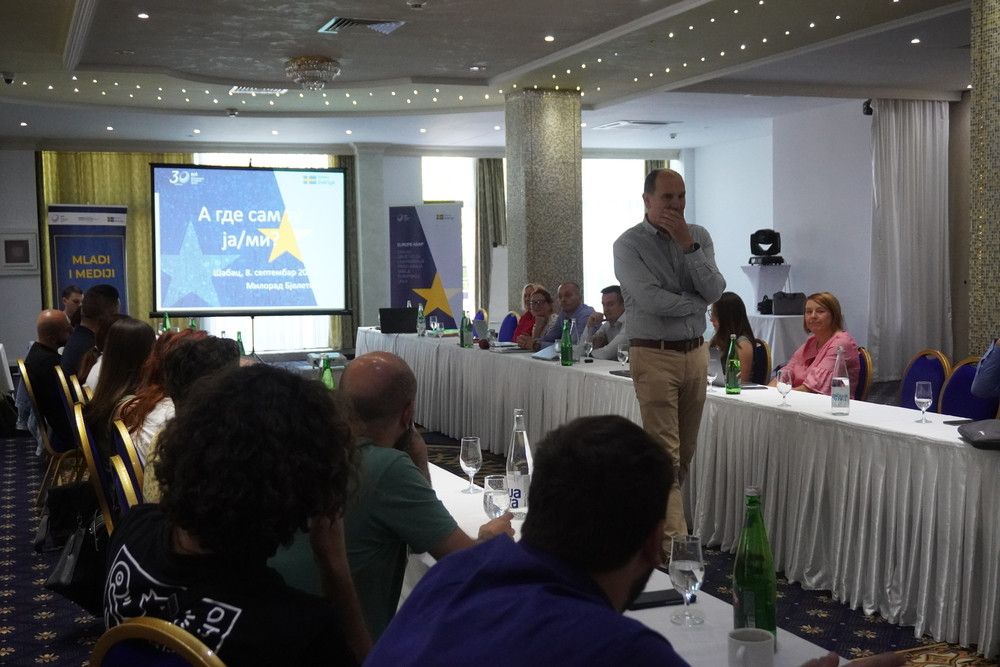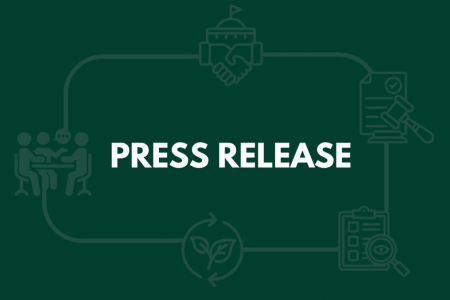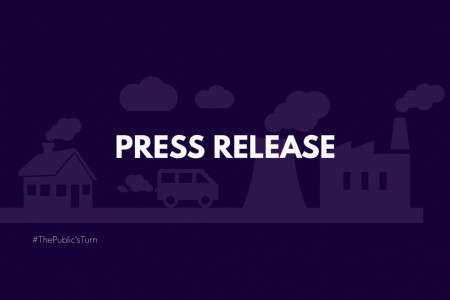In 2014, Serbia initiated negotiations for accession to the European Union, but the process has been slow and fraught with numerous challenges. To date, Serbia has opened 22 negotiating chapters, the slow pace of implementing reforms and the lack of transparency in political decisions have made people less enthusiastic about joining the EU. To enhance transparency and accountability in the process, the European Commission has developed a new enlargement methodology to make the process faster and more credible. The new methodology allows for greater involvement of civil society organizations and investigative media.
Civil society organizations and investigative media in Serbia face numerous challenges, including pressure, smear campaigns, and a lack of capacity for meaningful participation in decision-taking and policymaking. Insufficient skills, mentoring, and networking with other civil society actors are obstacles and challenges.
For these reasons, there is a need for support and efforts to ensure progress and information dissemination regarding the accession process. The Belgrade Open School's program Civil Society Advancing Serbia’s EU Accession Process: Europe ASAP supported by the Kingdom of Sweden, focuses on strengthening civil society and media, improving citizen awareness, and advancing democracy in Serbia. The program contributes to Serbia's transformation towards European integration while simultaneously creating space for transparency and accountability in the accession process.
The program's implementation began with an initial meeting with partners in its first year. The initial meeting took place from 6th to 8th September 2023, in Šabac and brought together representatives from 13 civil society organizations and investigative media.
During the three days, partners had the opportunity to get to know each other, share their insights from their fields of work, and present their projects which will be carried out within the program. In addition, sessions were held to acquaint partners with basic procedures, reporting methods, visibility, and financial project management, all aimed at successful project management and implementation.
Representatives of partner organizations had the opportunity to share their opinions and challenges they face through a session on "Communication Challenges of EU Integration towards Citizens," led by N1 journalist, Filip Lukić. Participants noted campaigns and narratives present in the media as major challenges.
Another important aspect of focus is anticorruption, which was discussed in the session on "Anticorruption Measures" led by Milorad Bjeletić, the Executive Director of BOŠ. Through group work, participants familiarized themselves with amendments, and necessary procedures and bodies related to this topic. Furthermore, discussions took place on practices, the current state, and the position of the Republic of Serbia regarding corruption.
In addition to financial support, BOŠ aims to empower civil society organizations and investigative media through capacity-building programs, providing them with the necessary support for the successful implementation of their activities, with the goal of promoting democracy and addressing the challenges and issues facing society.
In the first year of the program, a total of 14 investigative media and civil society organizations were supported, along with their respective projects:
Investigative Media:
- Center for Investigative Journalism – Foundation with the project Media formats diversification as a path to better informed citizens
- Center for Contemporary Politics/ European Western Balkans - Serbia with the project Fundamentals First: Reporting on EU integration of Serbia
- NIIT Society innovation center/ Southern news with the project Transparency in Focus: The Influence of Local Media on Understanding EU Integrations
- Crime and Corruption Reporting Network - KRIK with the project From information to accountability
Civil Society Organizations:
- Association CENTER. Public Policy Research Centre with the project DIGI-SYNC Serbia: Let's accelerate the harmonization of regulations with EU standards in the governance of digital platforms
- Committee for Human Rights Niš (CHRIN) with the project Citizens’ Alarm
- National Coalition for Decentralization (NCD) with the project Cities of Justice: Taylor-made local communities
- Association of Prosecutors of Serbia (PAS) with the project Strengthening of Rule of Law - Public Prosecutors as Courtroom Gatekeepers
- Judicial Research Centre (JUREC) with the project Path towards EU – one step closer to prosecutorial police
- European Movement in Serbia (EMinS) with the project Smart regions of Serbia
- InTER with the project Support to monitoring of progress in the Chapter 35
- Bečej Youth Association with the project Public procurement under scrutiny: Open about court verdicts
- Independent Association of Journalists of Serbia
- Coalition for the Development of Solidarity Economy
The program "Civil Society for Serbia's Accession to the European Union – Europe ASAP" is implemented by the Belgrade Open School with the support of the Kingdom of Sweden.
Photographs: Belgrade Open School

 381 60 30 65 800
381 60 30 65 800










